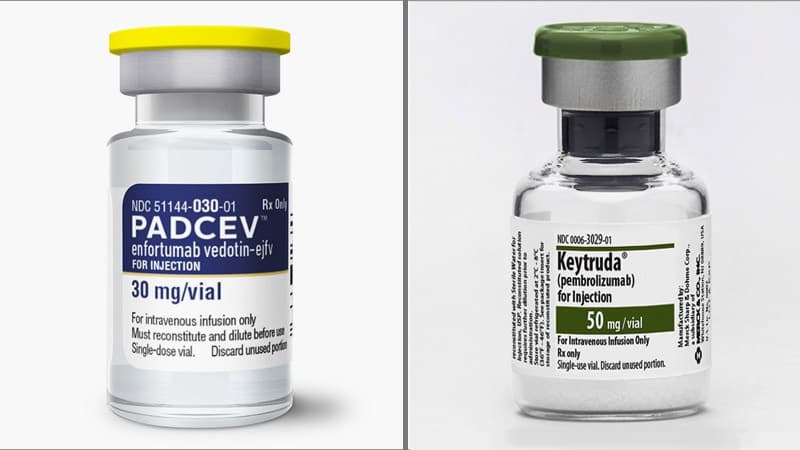Texas Sues Bristol Myers Squibb, Sanofi Over Plavix Safety Claims
Texas Attorney General Ken Paxton filed suit alleging that Bristol Myers Squibb and Sanofi failed to disclose that the anti platelet drug Plavix is less effective for many patients, conduct the suit says led to inappropriate prescribing and violated state fraud and consumer protection laws. The case raises questions about how drug safety information is communicated to clinicians and patients, and it could affect prescribing patterns, access to alternative medicines, and oversight of pharmaceutical marketing.

Texas Attorney General Ken Paxton filed a civil suit on November 20, 2025 against Bristol Myers Squibb and Sanofi, alleging the companies did not adequately disclose that Plavix, the widely used anti platelet drug whose active ingredient is clopidogrel, is less effective for a significant portion of patients. The filing, brought under Texas health care fraud and consumer protection statutes, seeks remedies that could include restitution and changes to corporate practices if the court finds the manufacturers misled prescribers or consumers.
Plavix is commonly prescribed to reduce the risk of blood clots after heart attacks, strokes, and certain procedures. Medical literature has long documented that genetic differences affecting the liver enzyme CYP2C19 can reduce a patient’s ability to convert clopidogrel into its active form, lowering the drug’s effectiveness for those individuals. Clinical alternatives exist but are often more expensive and may carry different risk profiles. In the lawsuit, Texas contends that the companies’ disclosures and marketing practices did not sufficiently warn about those limits to effectiveness, leading clinicians to prescribe Plavix when other therapies would have been more appropriate.
The drugmakers disputed the allegations in earlier reporting. The litigation represents the latest action by state attorneys general scrutinizing how pharmaceutical companies communicate safety and efficacy information. Legal experts say such cases can expand scrutiny beyond traditional product liability claims to focus on marketing practices and regulatory compliance under state consumer protection laws.
Public health experts note that the case has implications for equitable care. Access to genetic testing that can identify reduced clopidogrel metabolism is uneven across communities, often limited in resource constrained settings and among underinsured patients. Where testing is unavailable, clinicians must balance population level benefits of an inexpensive generic medication against the risk that it will be less effective for some patients. Advocates say the dispute highlights how disparities in access to diagnostics and cost barriers to alternative medicines can translate into unequal outcomes.
Hospitals, insurers, and clinicians are likely to monitor the litigation closely because its outcome could influence prescribing guidance and insurance coverage decisions. If the court imposes remedies or forces changes to labeling or marketing, payers may reexamine when they authorize alternative antiplatelet agents. Conversely, a ruling favoring the drugmakers could reinforce current practices, leaving the task of risk mitigation to clinicians and health systems.
The suit also plays into a broader debate over regulation and transparency in pharmaceutical safety communications. Regulators review product labeling and post marketing data, but state enforcement actions reflect the growing role of state attorneys general in policing corporate practices that affect patient safety and consumer trust.
For patients, the immediate takeaway is the importance of conversations with clinicians about medication options and, when appropriate and available, testing that can inform choice. For policymakers and public health officials, the case underscores the need to address gaps in access to diagnostics and to consider how regulatory and reimbursement frameworks shape who benefits from advances in personalized care.

